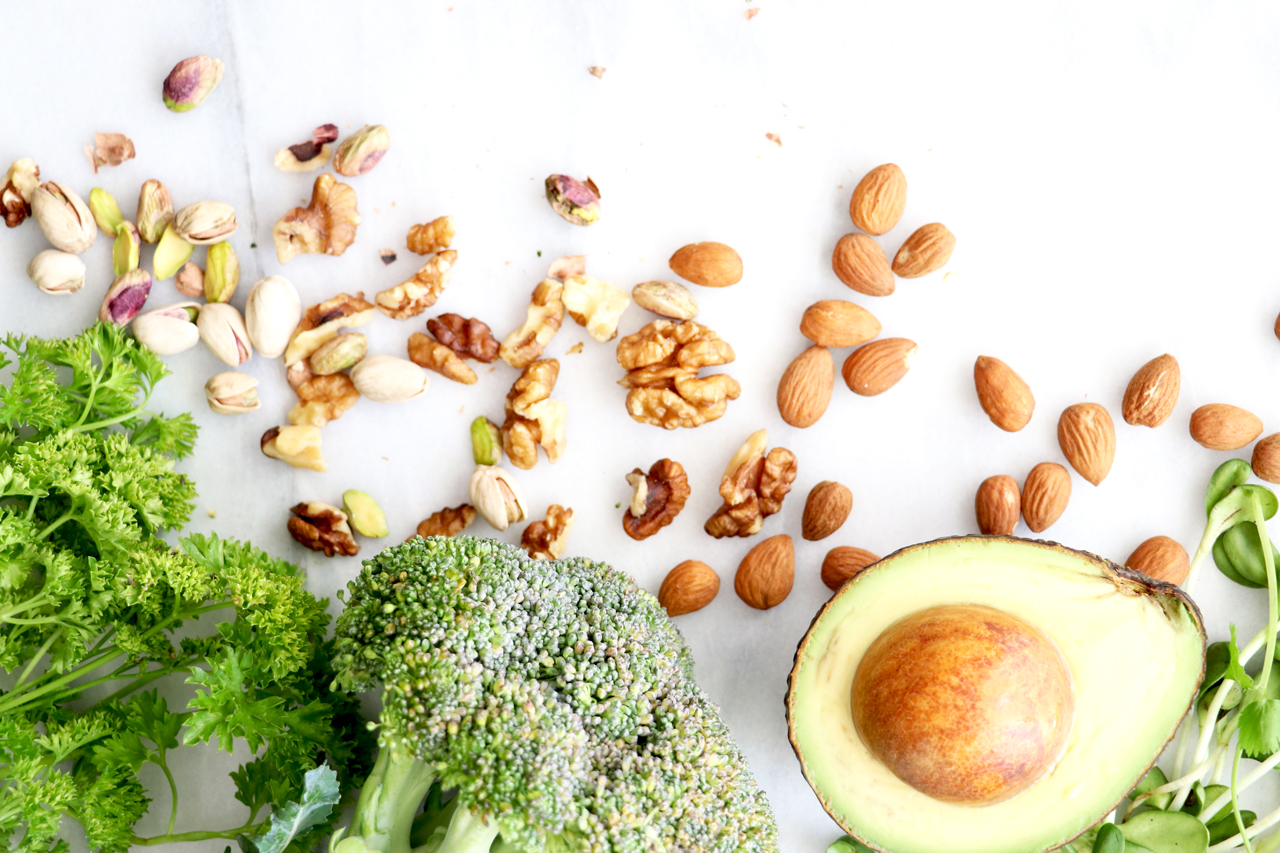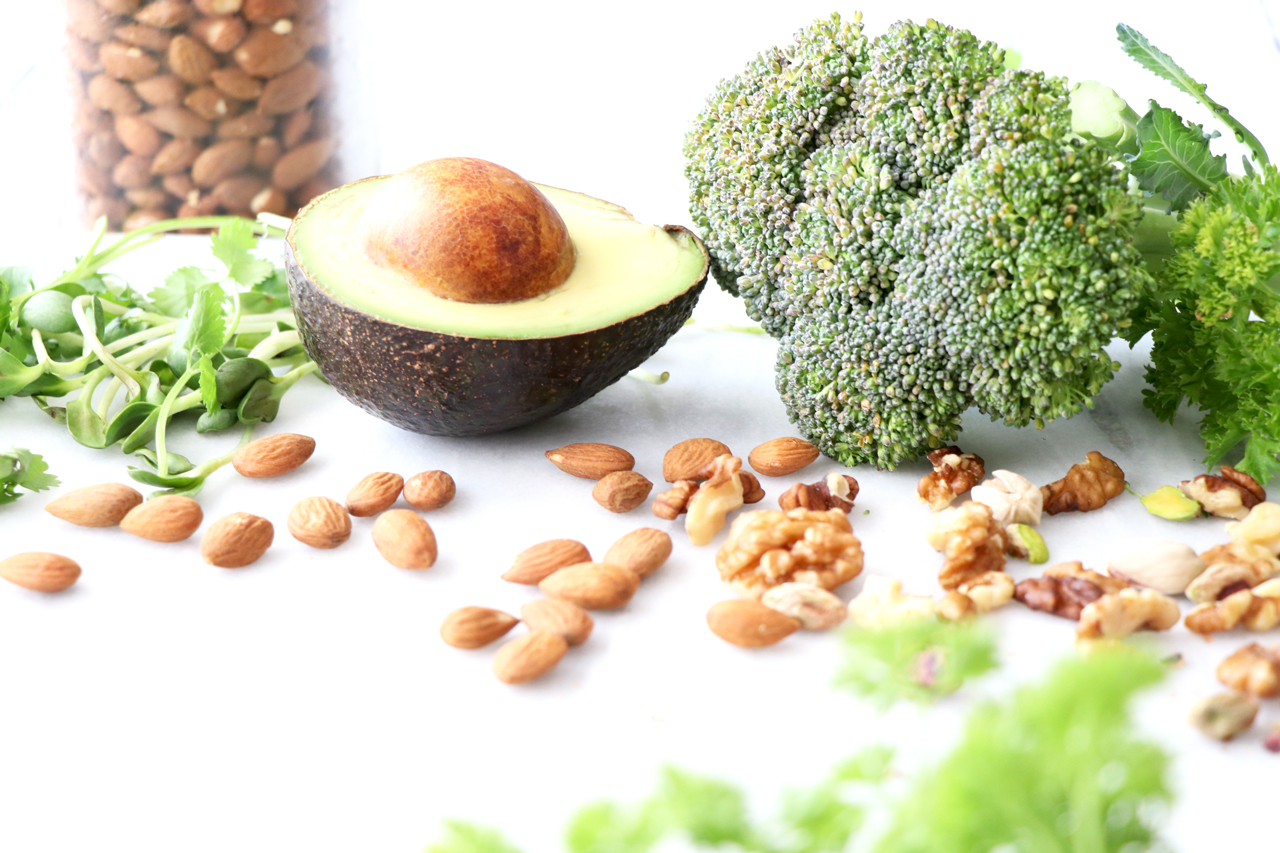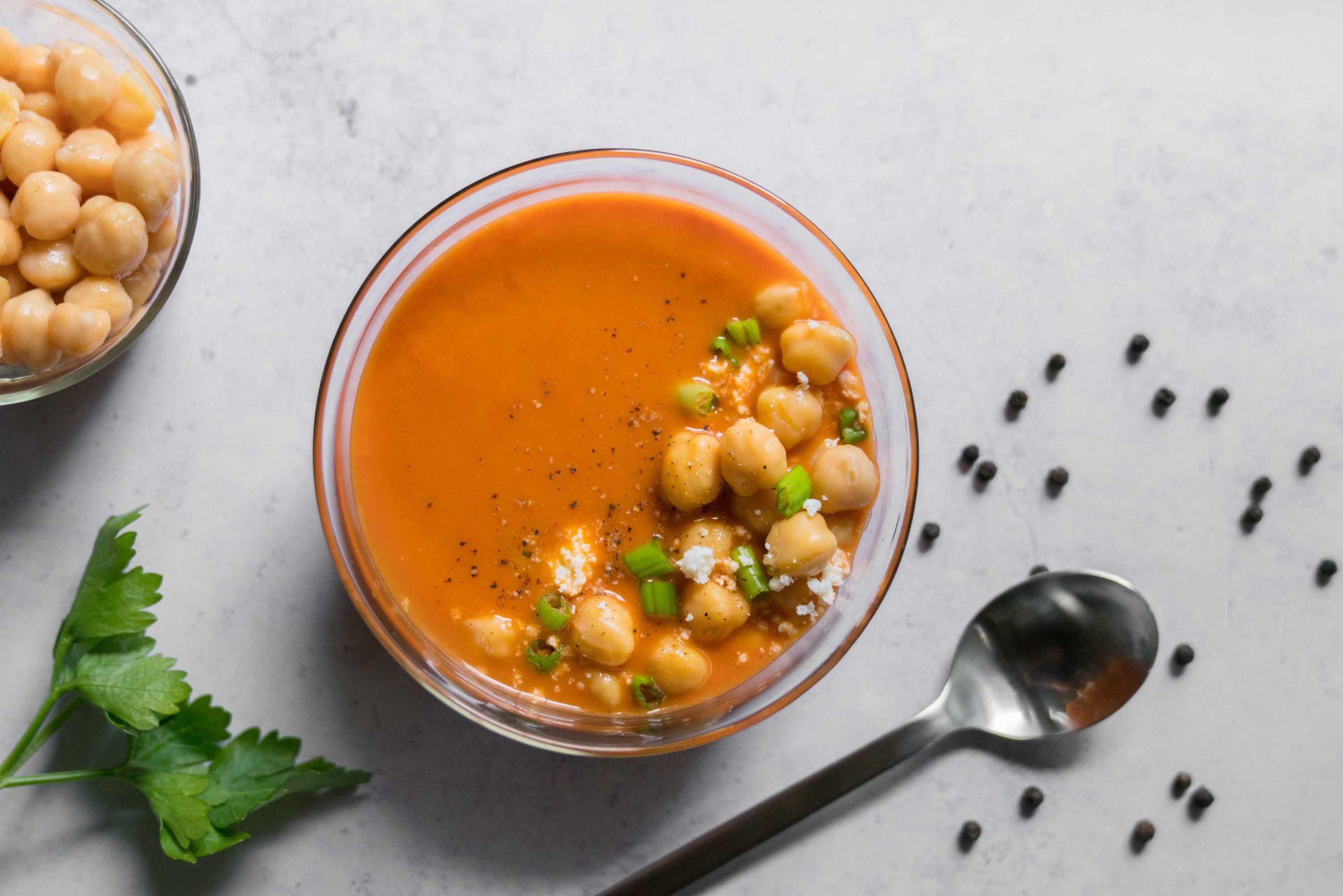
Nutrition can be overwhelming to keep up with! It seems that everyday there is a new diet or food rule.
The good news is, the best diet is the one that works for you, whether it’s trending or not. Today we’re chatting about the Ketogenic Diet – particularly because it is a trending diet and you may have some questions! Keep reading to learn more about the Ketogenic Diet and see if it’s right for you! As always before making any major dietary changes, it’s best to meet with and discuss your diet with a healthcare professional such as a Registered Dietitian.
What is the Ketogenic Diet?
The Ketogenic Diet focuses on foods that are lower in carbohydrates and higher in fat. Eating a lower carb diet will force the body into ketosis. Ketosis is where the body produces a molecule called ketones (instead of glucose also known as sugar) to be used as energy. These ketone molecules are produced by the liver and can fuel your entire body. This diet suggests that using ketones instead of glucose for fuel can be easier on your body to burn fat stores.
Who Can Benefit from The Ketogenic Diet?
0riginating in the 1920’s from doctors who used this diet method to treat epilepsy. Having the body in a state of ketosis was said to reduce the amount of seizures within children. Even though this diet was successful to some patients, it lost popularity after anticonvulsant drugs were introduced.
This diet may also help people who are struggling with digestion problems, sugar cravings or wanting to lose weight. Always check with your healthcare provider before starting a diet, especially if you are on any medications, pregnant or breastfeeding.
Cautions / Concerns When on the Ketogenic Diet
The ketogenic diet may be beneficial for some under the guidance of their healthcare professional. However, it can be dangerous if used as a common everyday diet. Entering ketosis may lead to muscle loss, which in extreme cases, could cause heart muscle damage. If you are trying to gain muscle mass, this diet may not be your best option.
This diet is also very strict and must be done right to see results, which means that it may not be realistic for people to maintain for long-term health. A healthy diet should be nourishing, not depriving or stressing your body. When picking a dietary lifestyle, it’s wise to set realistic short-term goals that can be achieved and maintained long-term. If the ketogenic diet is right for your needs, make sure to have clinical, expert supervision.
What Can I Eat on This Diet?
The bulk of your food should be very low in carbohydrates. Strive to keep your carbs between 20-50 grams per day.
Examples of low carbohydrate foods include:
- Non-starchy vegetables such as leafy greens, spinach, kale, broccoli, asparagus, cucumber, zucchini and more!
- Tomatoes
- Olives
- All berries
- Nuts: Pecans, Almonds, Brazil Nuts
- Eggs
- Cheese
- Meat & Poultry
- Seafood
- Olive Oil
- Coconut Oil
- Natural fats
What Foods Should Be Avoided on the Ketogenic Diet?
Some foods you should avoid include:
- All grains
- Legumes
- Sugar
- Potatoes
- Vegetable Oils
- Processed Food
- Artificial Sweeteners
- Tropical Fruits
- Soy Products
- Sweetened Alcoholic Drinks
- Milk – only allowed in small, full-fat amounts
- Anything that is Low-Fat or Zero-Carb (due to most likely being highly processed)
Tips While Being on the Ketogenic Diet:
- Always stay hydrated to support digestion and put less stress on your kidneys.
- Meal prep for your week to help stay on track.
- When dining out, read menus ahead of time to be prepared.
- Avoid processed “easy grab” foods.
- Shop for real, whole, nutrient-dense foods to nourish your body.






